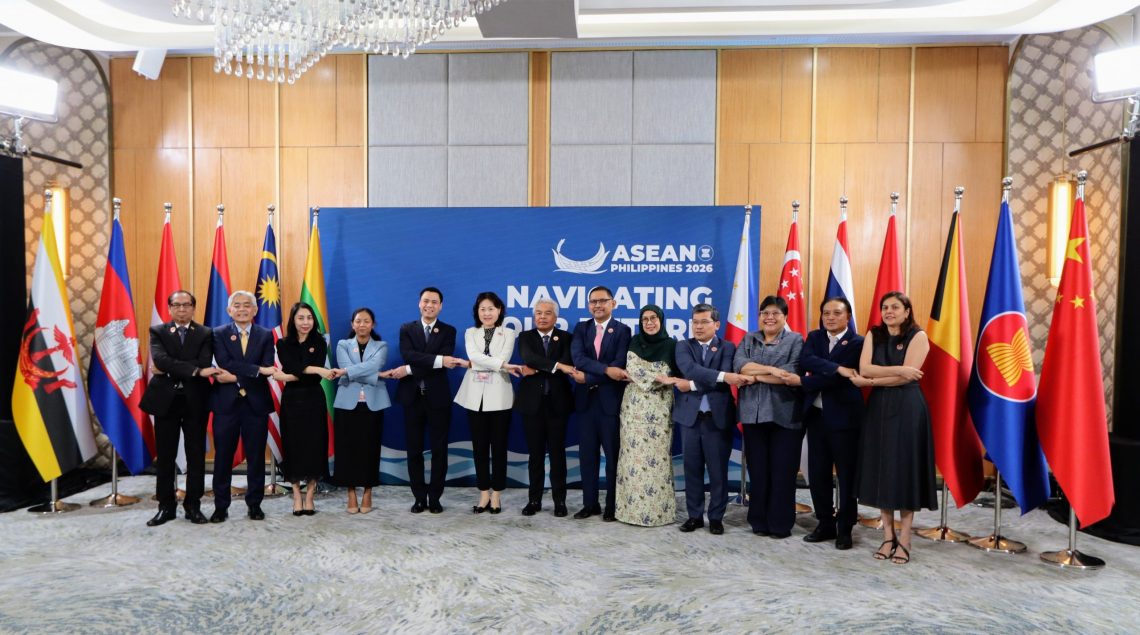
Lucio Blanco Pitlo III, President of Philippine Association for Chinese Studies, and Research Fellow at Asia-Pacific Pathways to Progress Foundation
Feb 11, 2026
The resumption of diplomatic dialogue between the Philippines and China in Cebu on January 29, ahead of the ASEAN-China Senior Officials Meeting on the Code of Conduct negotiations, is a welcome development. Avoiding conflict and preventing the deterioration of bilateral relations are imperative for the Philippines and China. Cooperation and productive ties can persist amid differences. The practice of other South China Sea coastal states is illustrative. Several points are worth considering.
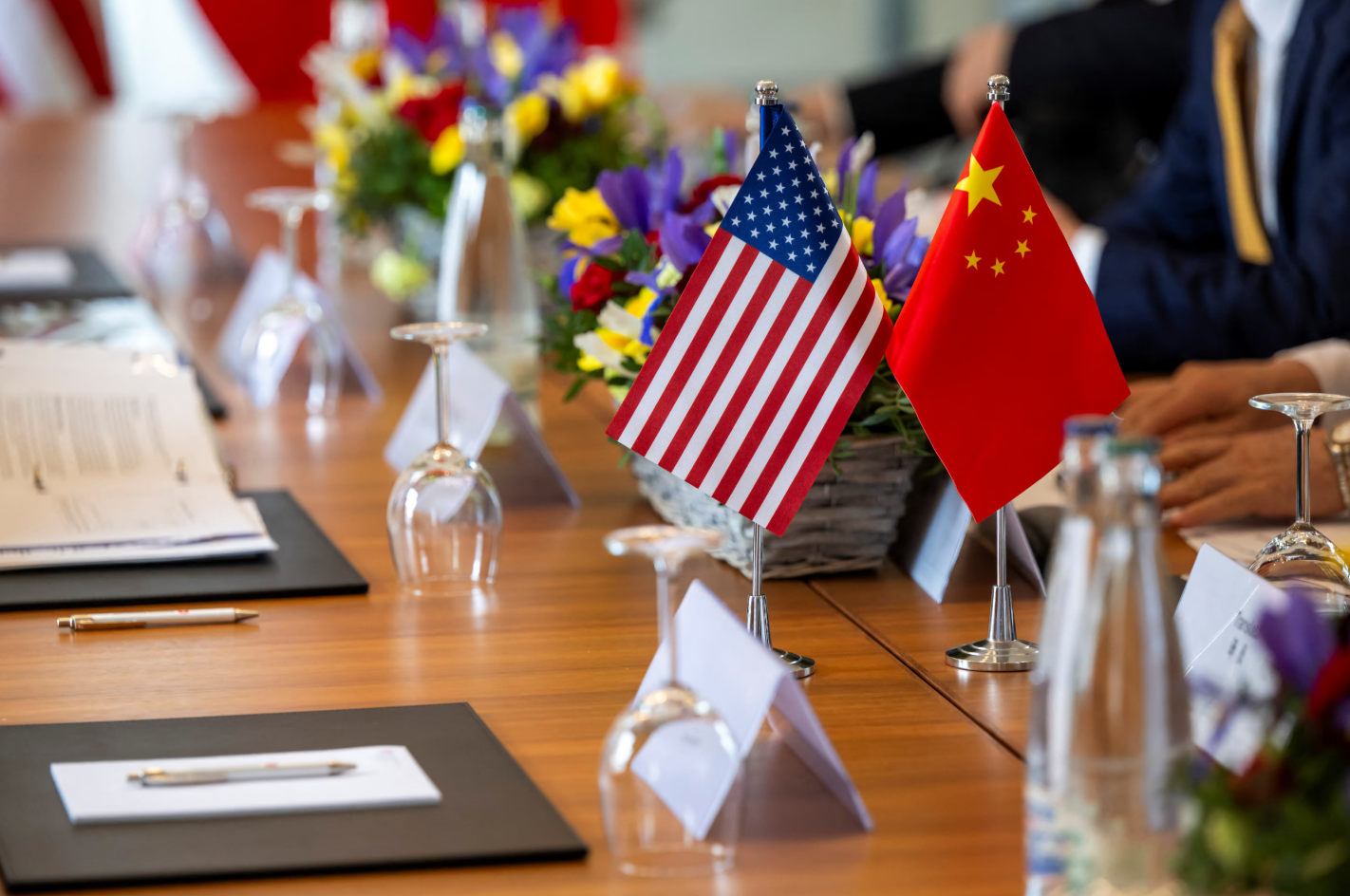
Zhang Tuosheng, Principal Researcher at Grandview Institution, and Academic Committee Member of Center for International Security and Strategy at Tsinghua University
Dec 02, 2025
China and the U.S. must avoid both the Thucydides trap and the Cold War trap. This is not only in their strategic interest but also that of other countries in the region and around the world. Both sides must make major efforts jointly and in a sustained manner.

Lucio Blanco Pitlo III, President of Philippine Association for Chinese Studies, and Research Fellow at Asia-Pacific Pathways to Progress Foundation
Oct 17, 2025
The Philippines is strengthening defense ties with the United States at a time of escalating US-China rivalry. Manila aims to mitigate power asymmetry, while China’s response to its maritime neighbor reflects a deep distrust of alliances and wary of invaders which came by sea.
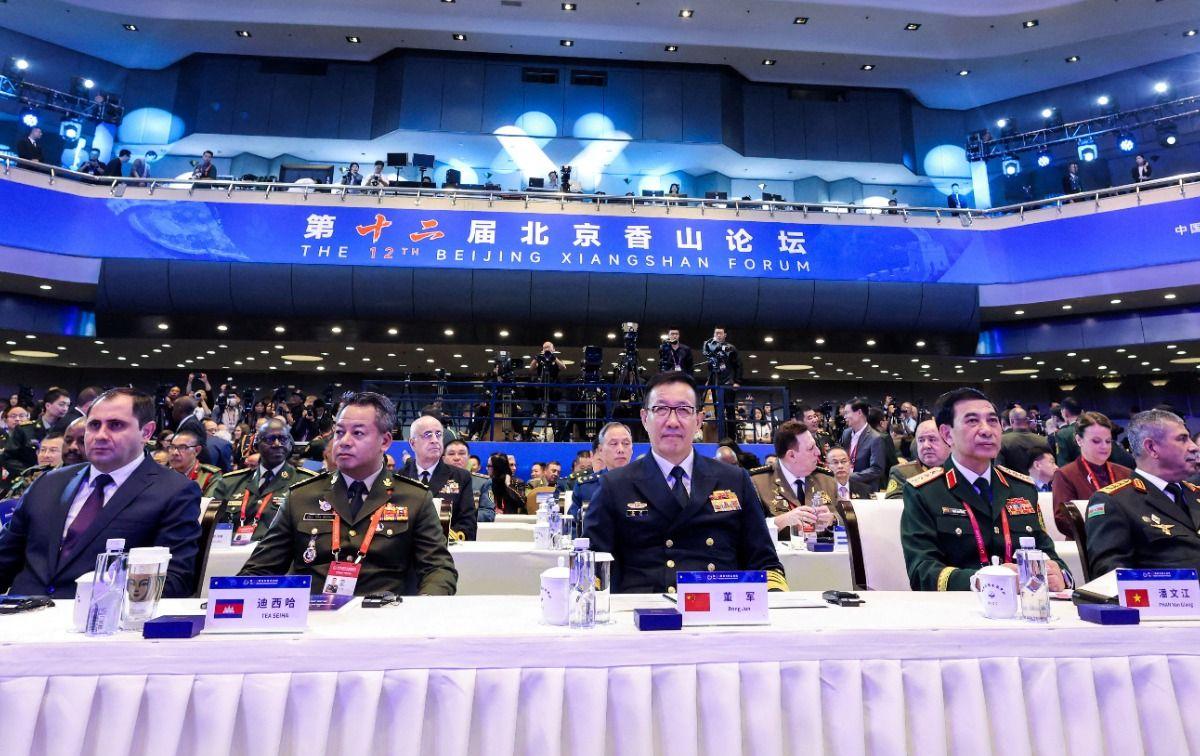
Zhang Gaosheng, Researcher at Department of World Peace and Security, China Institute of International Studies
Oct 02, 2025
China and the United States should work to improve their crisis management mechanisms and to promote mutual trust and cooperation. In this way they can contribute to each other’s success, achieve common prosperity and bring benefits to themselves and the world.

Richard Javad Heydarian, Professorial Chairholder in Geopolitics, Polytechnic University of the Philippines
Sep 19, 2025
The Philippines is significantly upgrading defense ties with Australia and other Western partners amid growing tensions with China in the South China Sea, underscored by large joint exercises and plans for expanded troop access. Yet despite China’s overwhelming military advantage, both Manila and Beijing share responsibility to de-escalate tensions and pursue diplomatic solutions, especially as the Philippines prepares to chair ASEAN next year.
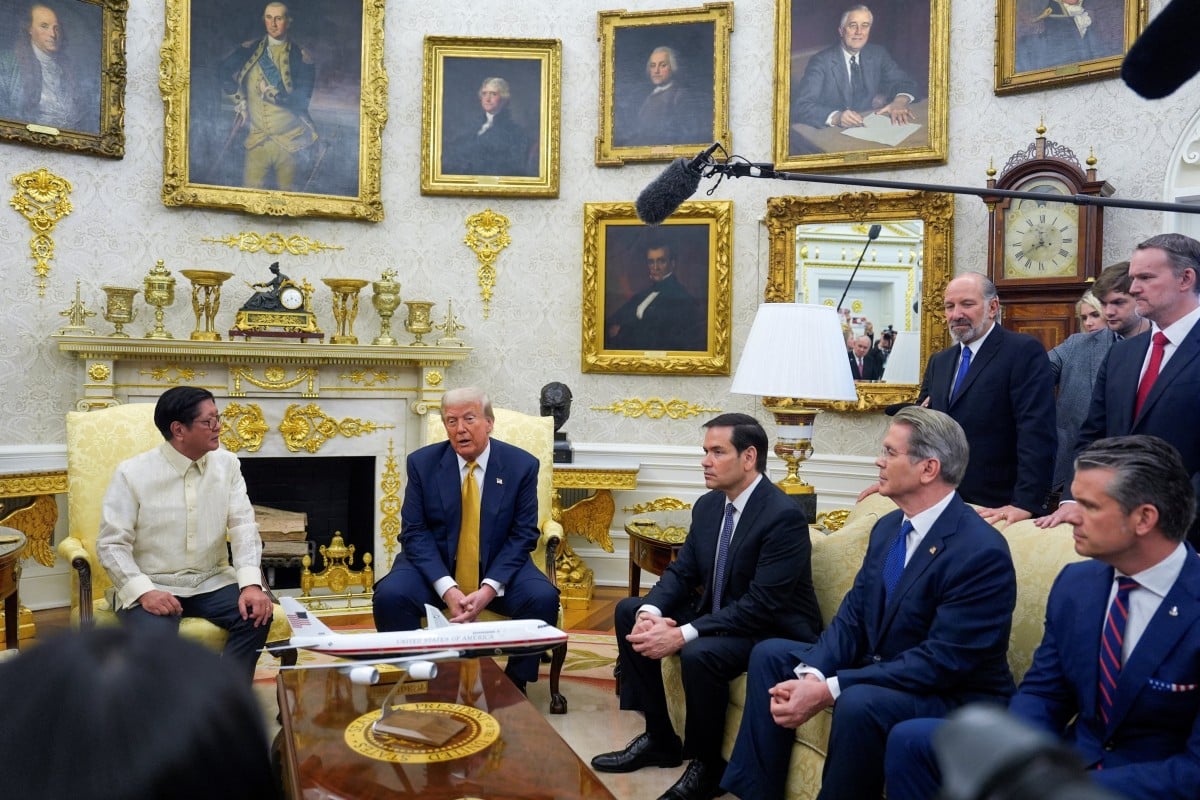
Eduardo Araral, Professor of Public Policy, National University of Singapore’s Lee Kuan Yew School of Public Policy
Jul 29, 2025
In his meetings with US President Donald Trump in Washington this week, Philippine President Ferdinand Marcos, Jr., is navigating a challenging new reality: a place under America’s security umbrella no longer comes with a discount at the customs window. When it comes to trade, Trump throws allies and adversaries into the same basket. But Marcos thinks he can negotiate an agreement that preserves and even strengthens the US-Philippines trade relationship.
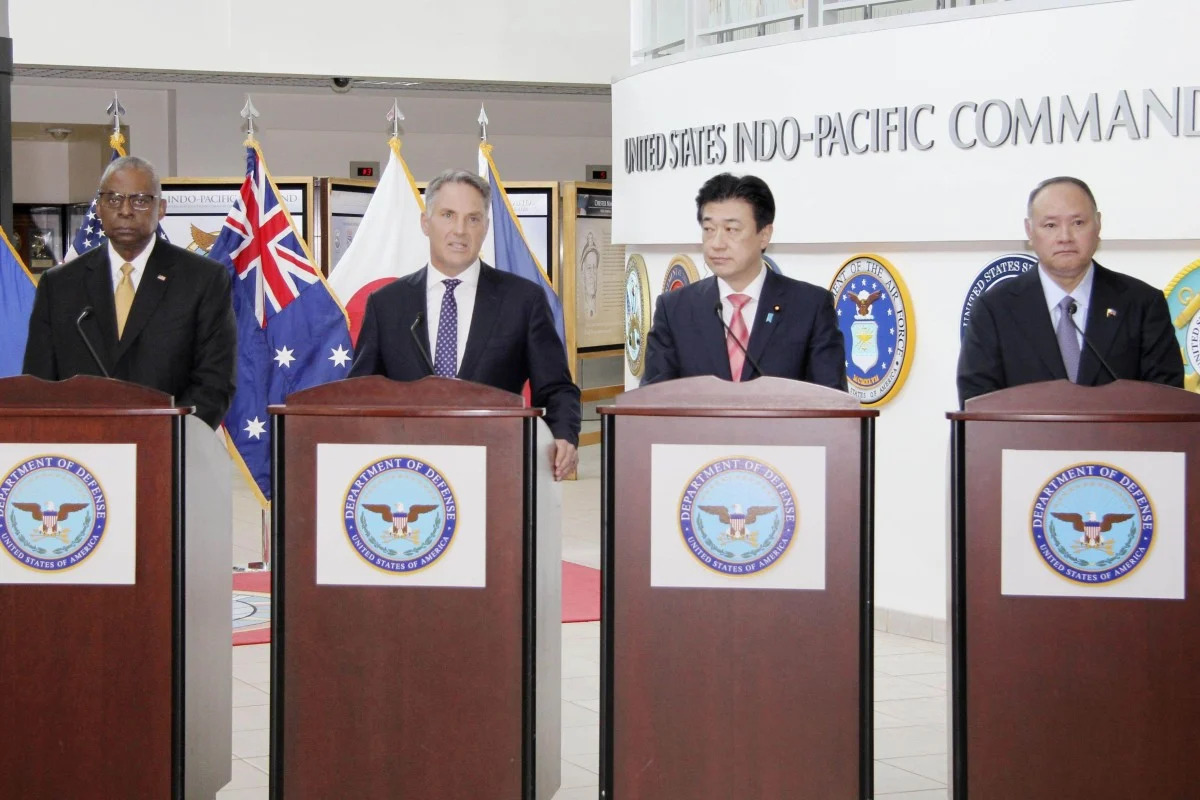
Du Lan, Deputy Director at Asia-Pacific Institute, China Institute of International Studies
Jul 18, 2025
Donald Trump prefers to treat the waters as a bargaining chip, so the United States may reduce high-profile provocations — such as close-in reconnaissance — and instead increase its “gray” tactics and low-intensity military exercises.
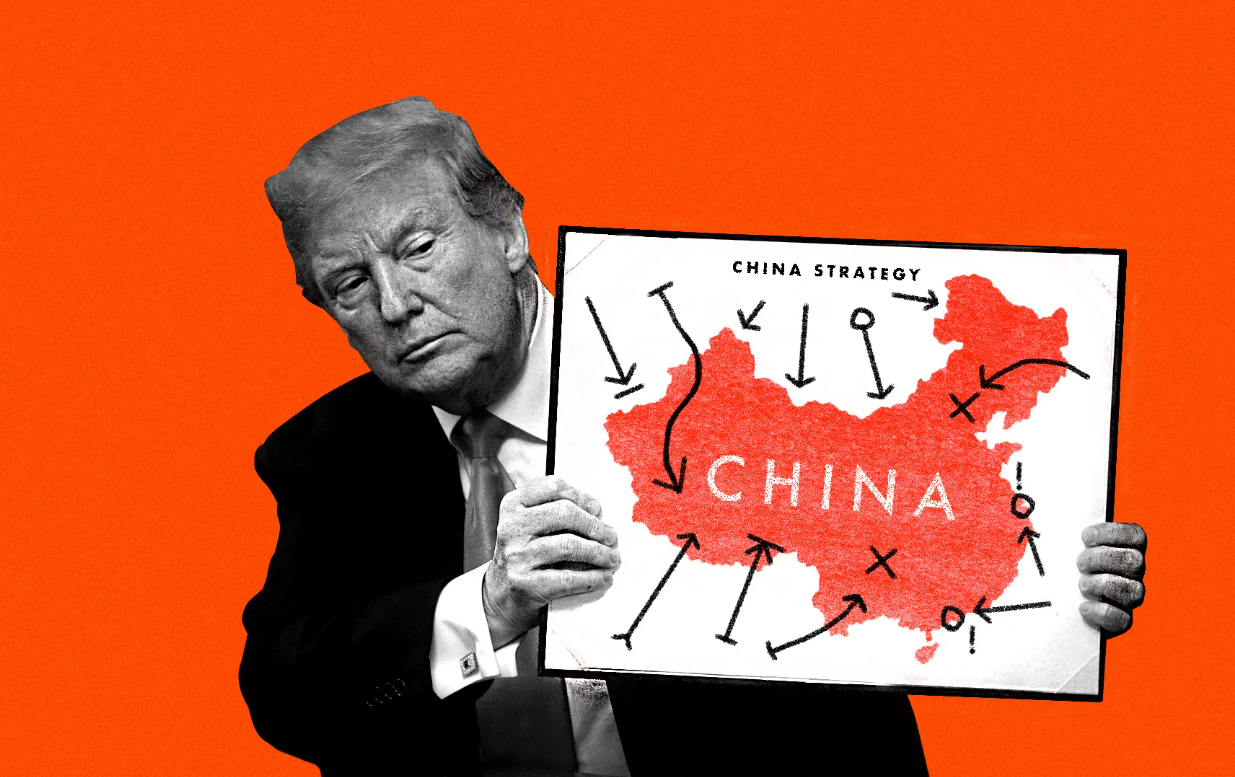
Sujit Kumar Datta, Former Chairman of Department of International Relations, University of Chittagong, Bangladesh
Jul 09, 2025
Strategic adjustments, characterized by economic decoupling, high-tech restrictions and military posturing in the Indo-Pacific region, will transform the bilateral relationship and the shape of global security itself.

Richard Javad Heydarian, Professorial Chairholder in Geopolitics, Polytechnic University of the Philippines
Jun 05, 2025
2025 has brought swift changes across the Indo-Pacific, and the Philippines’ growing involvement with Trump’s policies and the Taiwan question could prove to be one of the most pivotal factors in the future of the region.

Nong Hong, Executive Director, Institute for China-America Studies; Senior Fellow, Beijing Club for International Dialogue
Jun 02, 2025
The trajectory of deep-sea mining remains uncertain. The U.S. and China represent opposite ends of the governance spectrum — one unilateral and rapid, the other multilateral and cautious. Whether these paths will converge or remain in tension is unclear.
Back to Top

- China-US Focus builds trust and understanding between the U.S. and China through open dialogue among thought leaders.
- Our Offerings
- Topics
- Videos
- Podcasts
- Columnists
- Research Reports
- Focus Digest
- Stay Connected
-
Thanks for signing up!
- Get the latest stories from China-US Focus weekly.